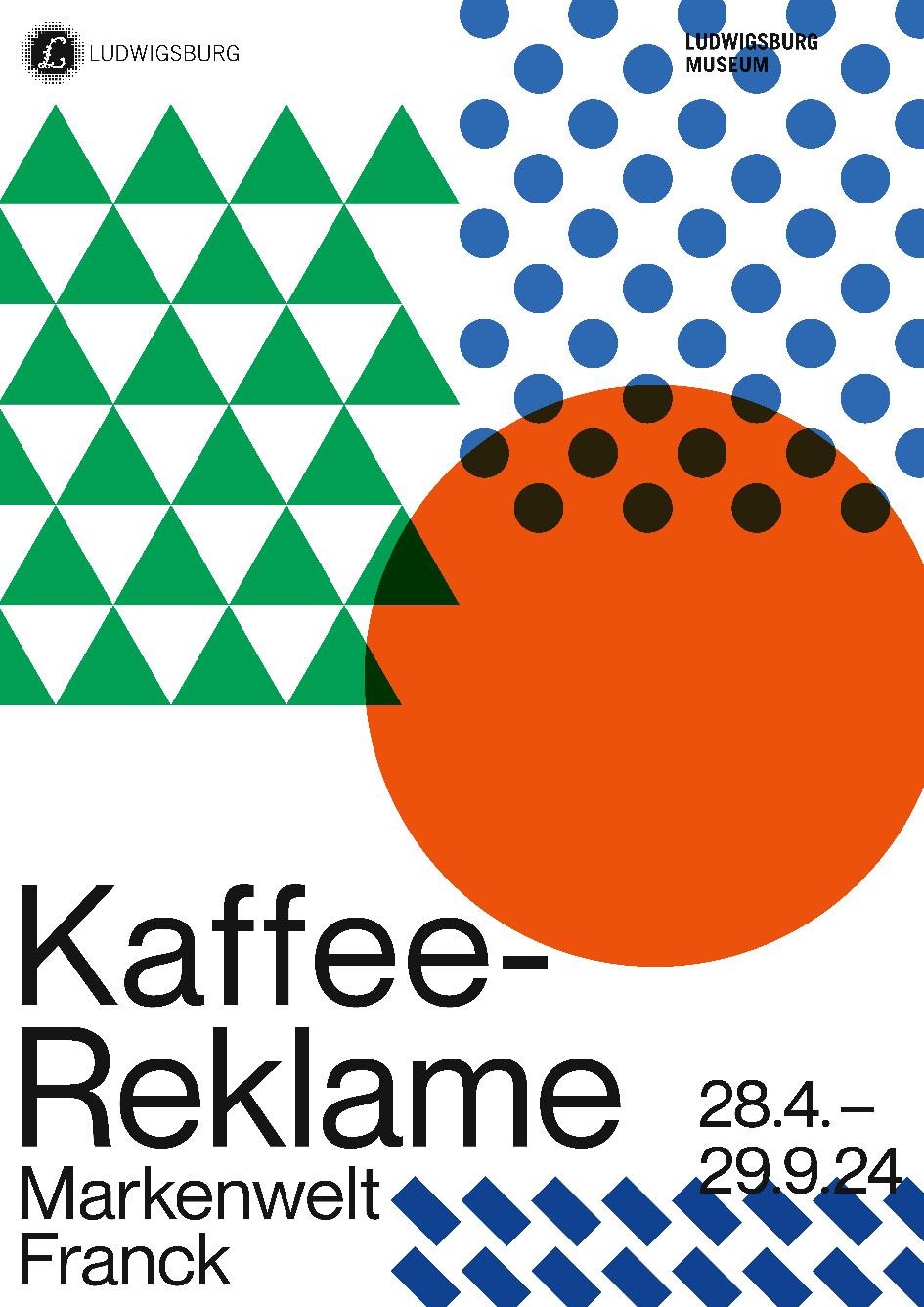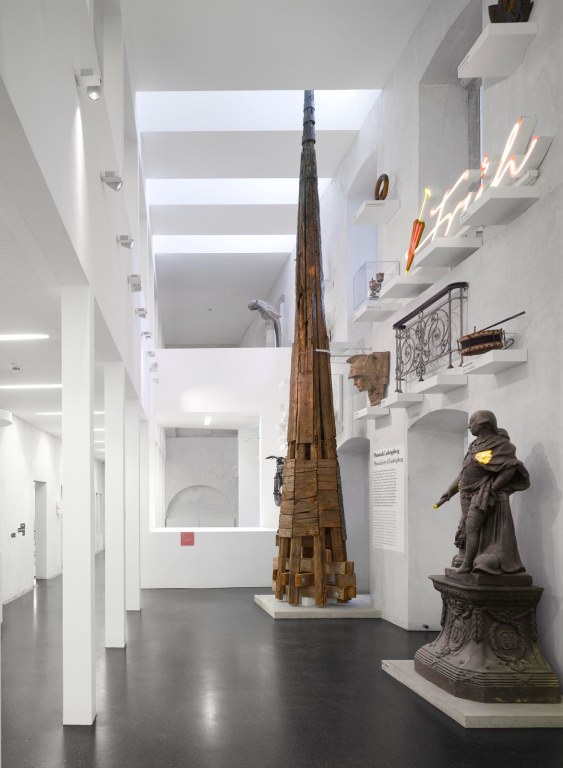It is hard for us to imagine everyday life without coffee. At the beginning of the 19th century, however, the fashionable drink was an unaffordable luxury for most people. Heinrich Franck had the right idea when he began producing substitute coffee from roasted chicory roots in his Vaihingen grocery store in 1828.
The company grew and moved to Ludwigsburg in 1868, where a large factory was built directly opposite the train station. From there, the company expanded internationally, with production sites in Milan, Basel, Bucharest, and New York. The Francks owed their rapid rise to a major global company not only to a gap in the market, but also to consistent brand development, high-quality advertising, and innovative strategies for customer loyalty.
Since the plant closed in 2019, the company's archive has been in the custody of the Baden-Württemberg Economic Archive. Large posters, billboards, collector's cards, and promotional gifts are coming back to Ludwigsburg on loan for the exhibition. They show that brand communication is always a reflection of its time.

